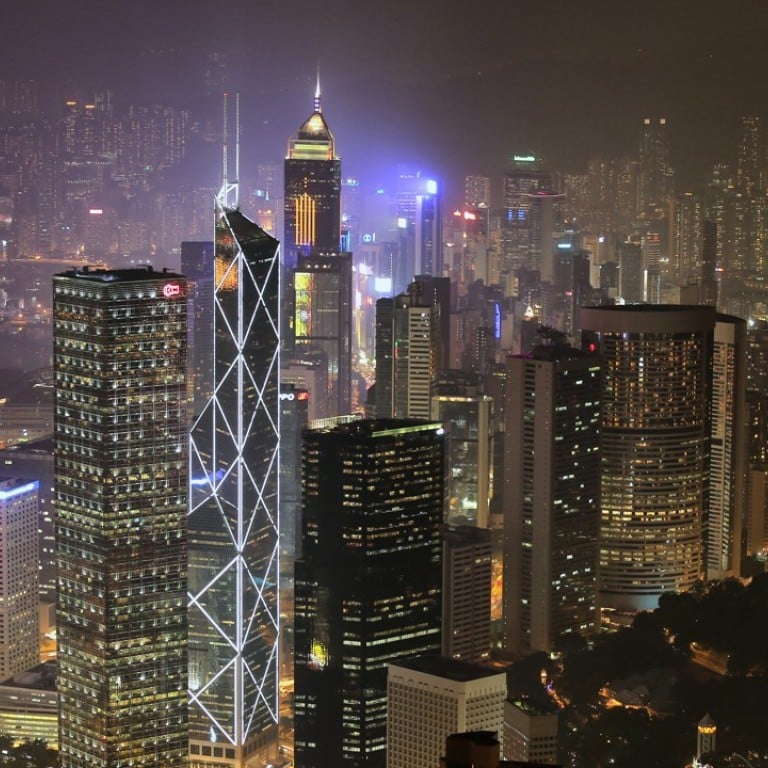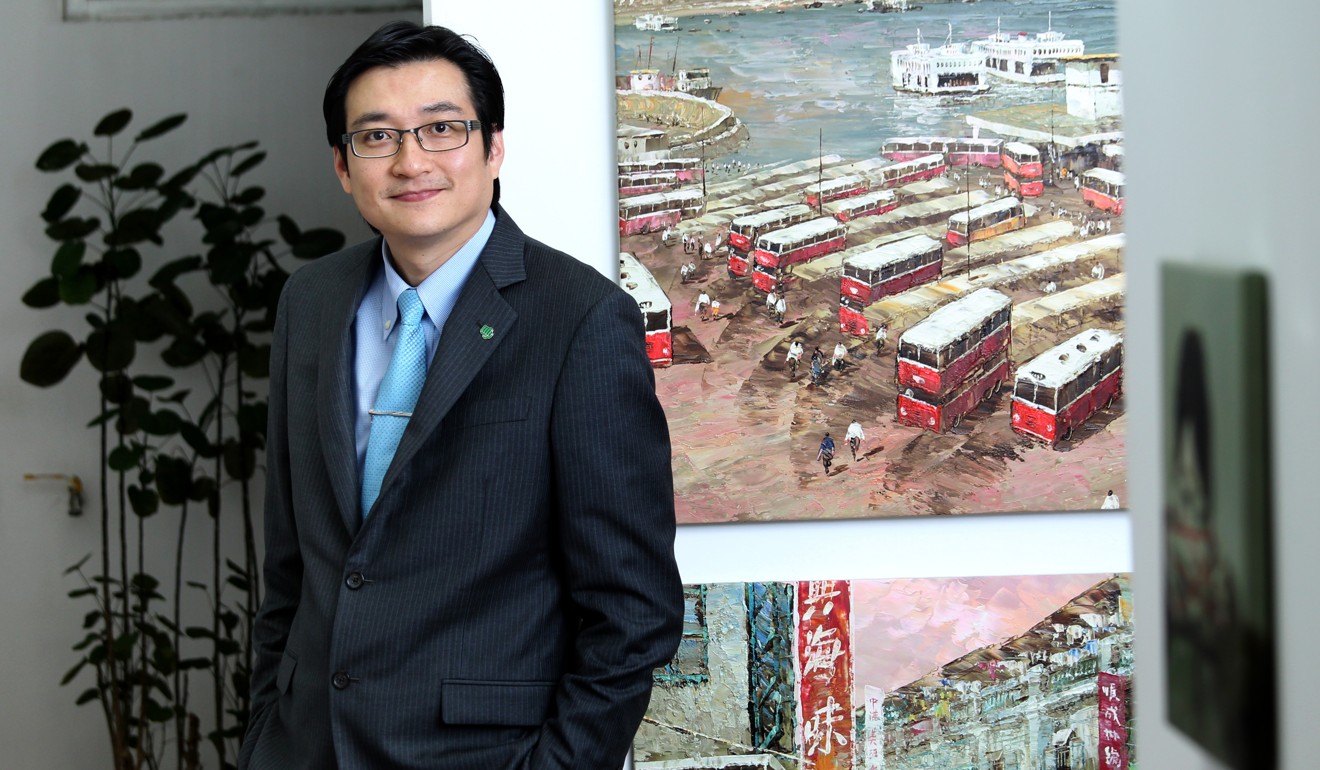
Hong Kong households can expect electricity bills to rise by 1.9 per cent next year
Power companies say costs will go up by almost HK$10 per month due to a rise in fuel prices
Hong Kong’s two power companies announced on Tuesday that electricity bills are to rise by 1.9 per cent next year, after a last-minute about-turn by HK Electric amid a government veto on its proposed double-digit increase to a key component of its tariff.
HK Electric and CLP Power attributed the need to increase tariffs to a rise in fuel prices and an increase in operating costs.
Environment minister Wong Kam-sing also warned of a “substantial increase” in tariffs in years to come as Hong Kong was “in a state of transformation”, using cleaner fuel to generate power.
Both suppliers made their respective tariff adjustments for 2018 public at Tuesday’s Legislative Council economic development panel meeting, hours after their proposals were screened by the Executive Council.
CLP Power, which serves some two million accounts across Kowloon, the New Territories, and Lantau, said the adjusted tariff would be HK$1.154 per unit of electricity, up 1.9 per cent.
HK Electric, which supplies more than 570,000 users on the Hong Kong Island and Lamma, will adjust its tariff to HK$1.125 per unit, also up 1.9 per cent.
CLP Power said that about 70 per cent of its customers would see their electricity bill go up by HK$9.4 or less a month after the increase. The adjustments by the two suppliers have taken into account special rebates made possible by savings from fuel costs.
Expect electricity bills to rise 1 or 2 per cent, Hong Kong customers told
The power companies are privately owned and monitored by the government under the Scheme of Control Agreements. That requires the power companies to submit five-year development plans and projected basic tariff rates for each of the five years. The current five-year plans were approved in 2013.
The Executive Council’s approval is required if the adjusted basic tariff rate proposed by the power companies is five per cent higher than originally projected.
A source told the South China Morning Post that this was the situation faced by the Exco on Tuesday.
“HK Electric’s proposed overall increase was not that high, but its basic tariff rate would go up by 12.6 per cent [year-on-year] … so the Exco authorised the Environment Bureau to discuss with it again,” the source revealed.
The proposed increase, if adopted, could mean the proposed basic tariff rate for next year would exceed the original projection by more than five per cent.
Another source also said it was uncommon for the Exco to veto an increase. “We have to consider if the increase is justified with urgent and reasonable grounds,” a source familiar with the discussion said. “I do not think a company should transfer the operation risks to citizens.”
It was understood that CLP Power had proposed a less than five per cent increase, therefore no approval from the Exco was needed.
HK Electric warns customers about fake emails on overdue bills
In 2011, the Exco slammed the proposed tariff increase of 9.2 per cent by CLP Power as “unacceptable” and CLP eventually bowed to pressure and lowered the increase to 7.4 per cent.
Secretary for the Environment Wong Kam-sing declined to comment on what had been discussed with the Exco, citing confidentiality rules, but said: “The most important thing is the end result.” He added that the HK Electric tariffs for 2017 and 2018 were its lowest in the past decade.
Wan Chi-tin, HK Electric managing director, declined to say if his company had backed down because of the government’s arm-twisting. He stressed that the new tariff for 2018 would still be 16.6 per cent lower than in 2013. HK Electric pledged in 2013 to freeze tariffs from 2014 to 2018 at the 2013 level.
HSBC seeks ‘creative’ ideas to reach Hong Kong renewable energy targets
Dr Billy Mak Sui-choi, a member of the government Energy Advisory Committee, said the announced tariff increases by the two companies were “mild and reasonable”, as the companies needed to cover rising operation costs such as salaries and maintenance.
Fellow committee member William Yu said he believed Hong Kong people would see significant tariff increases in 2019 and 2020 because the government had set a target of boosting the use of natural gas for electricity generation to half the total fuel mix from 2020.

Both companies are building new gas-fired units and offshore liquefied natural gas terminals to reach the target, which will incur capital costs. It is also more expensive to generate electricity with gas.
At Tuesday’s Legco panel meeting, legislator Holden Chow Ho-ding asked the government impose a limit on the power companies’ investment in fixed assets as an indirect means to limit the level of tariff increases.




